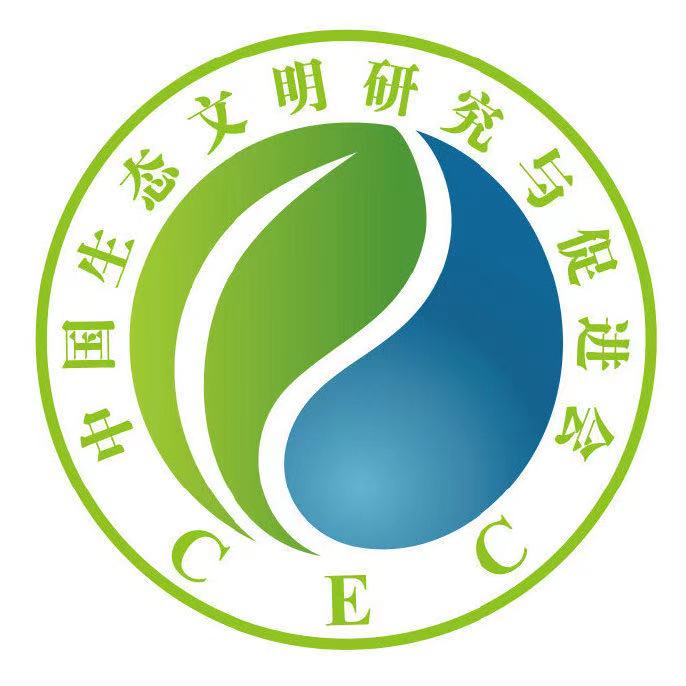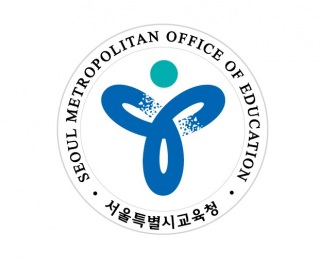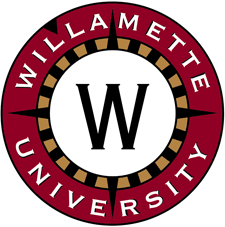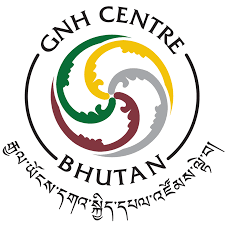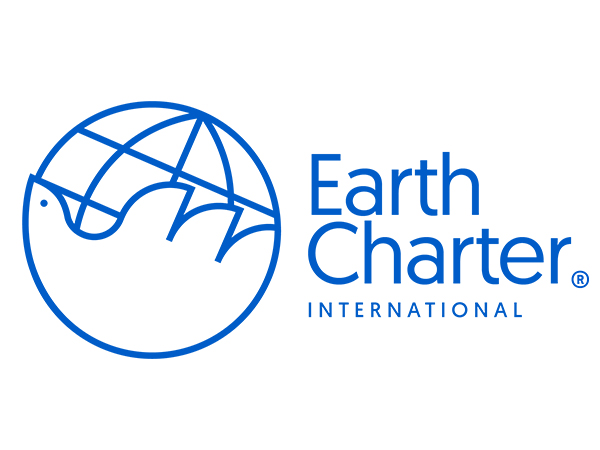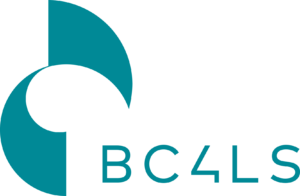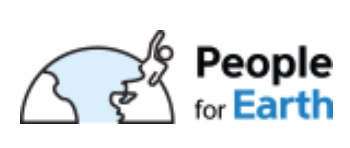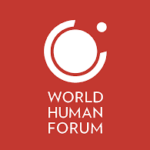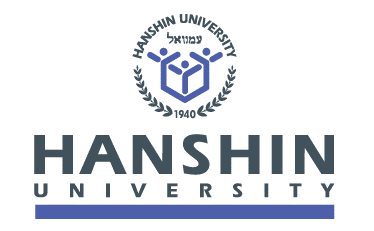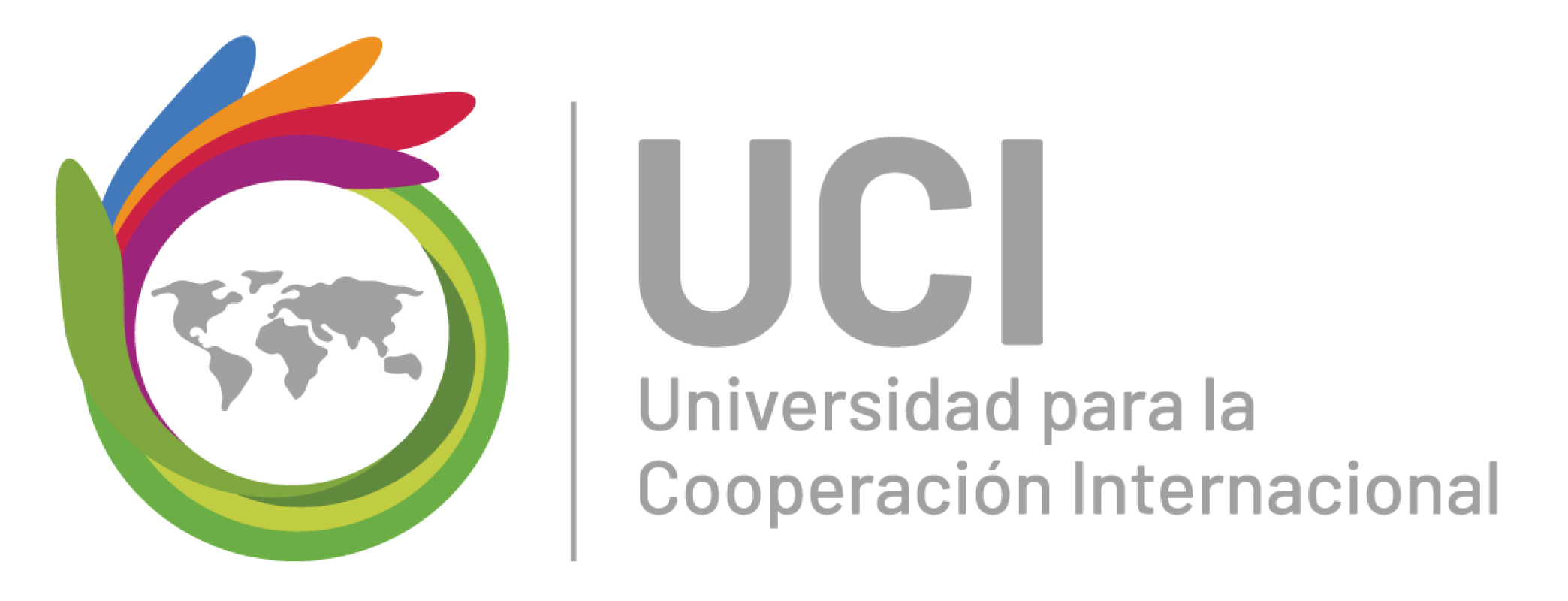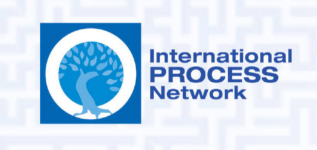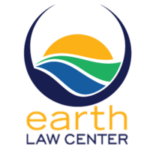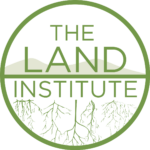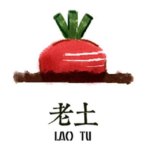
- This event has passed.
Ecological Civilization and Organic Communitarianism
May 21, 2021 @ 5:00 pm - May 26, 2021 @ 8:00 pm
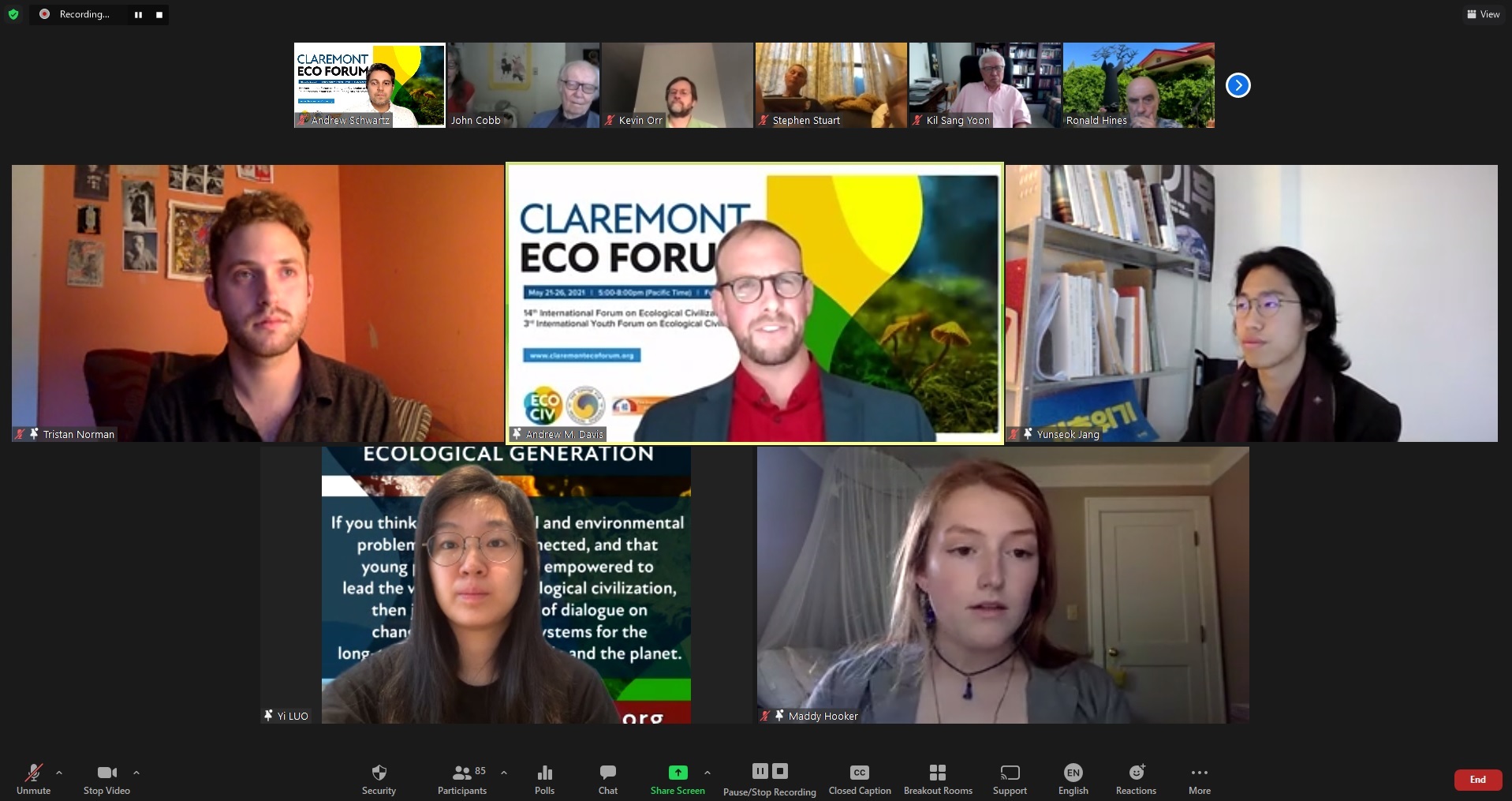
Six days of international dialogue on the most important challenges we face:
rethinking governance, economies, food, education, communities, and more.
DESCRIPTION
The Claremont Eco Forum (a.k.a. the International Forum on Ecological Civilization) continues to be one of the largest forums on ecological civilization in the world. Since 2006, this annual forum has drawn together a global cohort of creative academics, activists, artists, non-profit leaders, and governmental officials who are dedicated to rethinking our society toward an ecological civilization.
You’re invited to contribute to creative solutions toward the long-term wellbeing of people and the planet! This year, we joint together the 14th International Forum and 3rd International Youth Forum in fully online and 100% collaborative exploration on six themes:
- Day 1: Politics, Law, & Governance in a World That Works for All
- Day 2: Economies for Wellbeing and Planetary Flourishing
- Day 3: Food & Farming for Future Generations
- Day 4: Education for Sustainability and Social Change
- Day 5: Communities & Cultures for the Common Good
- Day 6: Youth and the Ecological Generation
We think an ecological civilization will emerge by working together. So rather than a series of one-sided lectures like most conferences, this year’s international forum will involve two types of sessions: 1) plenary dialogues featuring panels of experts from around the world, and 2) small working group where all conference attendees will have a chance to contribute ideas on the vision, values, and structures needed to build an ecological civilization. Each day will focus on a particular topic (law, economies, farming, education, communities) with the last day exploring the interconnection of all topics and lead by Youth. Scholars who want to share more formal presentations of their research are encouraged to submit papers and/or pre-recorded lectures to be uploaded to the conference website which will serve as a resource hub for those who want to know more about ecological civilization.
WELCOME MESSAGES
John Cobb, ecological civilization expert, explains the history and significance of this international forum on ecological civilization.
Qingsong Liu, Vice President and Secretary-General of China Ecological Civilization Research and Promotion Association (CECRPA) gives welcome message for 14th International Forum on Ecological Civilization.
Heeyeon Cho, Superintendent of Seoul Metropolitan Office of Education, gives a welcome address for the Claremont Eco Forum, and discusses transformation in education.
Jinfeng Zhou, Secretary-General of China Biodiversity Conservation and Green Development Foundation, gives a welcome address for the Claremont Eco Forum.
Welcome message from Budapest Center for Long-Term Sustainability, featuring Norbert Csizmadia and Attila Grandpierre.
Welcome message from Meijun Fan, Program Director of the Institute for Postmodern Development of China, and organizer of the Claremont Eco Forum.
Wm. Andrew Schwartz, Executive Director of the Center for Process Studies and Co-Organizer of the 14th International Forum on Ecological Civilization welcomes participants.
AREAS OF FOCUS
Political, legal, and governance structures provide the frame for the policies that dominate human social organization. We need a paradigm shift in law and politics if we are to advance policies for the wellbeing of people and the planet. What do political systems look like in an ecological civilization? Where have modern political models failed, and what transformations are required to build a world that works for all? What about the rights of nature? How can our legal paradigms be shifted to promote long-term social and environmental wellbeing?
Our economic system is broken. Exploitation of people and the planet for profit and power has resulted in an unprecedented concentration of wealth. Unlimited growth and corporate rule cannot continue if we are to transition toward an ecological civilization. We need economies designed for wellbeing and planetary flourishing. From issues like growth, ownership, environment, and more, we’ll explore sharing economies, circular economies, and models for wellbeing.
Everyone needs to eat. Yet shortsighted industrialized farming and soil depletion put the wellbeing of future generations at risk. An ecological civilization requires regenerative agriculture systems that prioritize biodiversity and soil health. From ancient and indigenous practices, to polycultures, perennials, animals, and more, we’ll be exploring the most promising ways to feed the world for generations to come.
Education for Sustainability and Social Change
Life-affirming education is key to building an ecological civilization. We need a paradigm shift in education that cuts across disciplines and transcends value-free research in order to find solutions to complex social-environmental challenges. In short, we need education with a purpose. We’ll explore the transformation of education for sustainability and social change.
An ecological civilization will be built on the cornerstone of strong local communities capable of participating in global communities of communities. Yet violence and tribalism flow from the scarcity mindsets that separate “us” from “them.” Rethinking community and culture, belonging and identity, for peace, harmony, and the common good is fundamental to achieving an ecological civilization.
In many ways, the realization of an ecological civilization depends on the leadership of our youth (Millennials and Gen Z). The very lives that will be most effected by social-environmental failure are also the voices most sensitive to need for systems change. The last day of our forum will explore how the topics covered in previous days are all interconnected and how the emerging ecological generation can lead a paradigm shift for the long-term wellbeing of people and the planet.
FORMAT & GOALS
Not Your Typical Conference
The goal of this event is to deepen and widen understanding about the kind of values, worldviews, policies, and actions needed to transition toward an ecological civilization. That entails getting to the root causes of our complex and interconnected social-environmental challenges, and building a new civilization around a life-affirming ecological paradigm for the long-term wellbeing of people and the planet. Hence, this year’s international forum on ecological civilization will be dialogical and solutions-oriented in nature.
PLENARY SESSIONS
Each day will begin with a 1hr plenaries panel discussion featuring leading thinkers that will inspire, inform, and guide conference conversations. These sessions will be simultaneously translated (currently English, Korean, and Mandarin). These moderated conversations will be guided by fundamental questions including those submitted in real time by conference participants. Learn more about our plenary panels.
BREAKOUT GROUPS
The majority of our time together will be spent in breakout groups focusing on the topic of the day. Following the plenary panel, conference participants will be sorted into small groups for 2hrs of constructive dialogue, aided by the “Discussion Guide for Ecological Civilization” document. This isn’t a time to merely observe, but to engage! In live Zoom conversation with other conference participants from around the world, representing a vast array of knowledge and experience, these each small group explore and articulate the values, worldviews, policies, and actions needed for transitioning toward an ecological civilization. Each group will assign a notetaker. Notes from these small group discussion sessions will be collected and synthesized into a common vision for transformation in the key areas being explored in this conference, representing a commitment to a global paradigm shift for the long-term wellbeing of people and the planet.
Watch the video to learn more about breakout groups and how to use the Discussion Guide for Ecological Civilization.
NO PAPER READING
Tired of academic conferences where scholars read papers at one another in a series of opaque monologues? So are we! That’s why our international forum is designed around interactive and constructive dialogue. Yet there is still a need for in-depth research by experts. That’s why we invite conference participants to submit written papers and recorded presentations of their research to be uploaded on the conference website prior to the live event. These resources will provide background knowledge for the conference discussions and an ongoing knowledge hub for ecological civilization after the conference.
_____________________________________
_____________________________________
2022 SCHEDULE
DAY 1 | May 21, 2021
Politics, Law, and Governance in a World that Works for All
5:00-6:00pm (Los Angeles Time) — Plenary Panel Dialogue
- Panelists: Karenna Gore, Kusmil Kang, Jianjun Zhao, Michelle Bender, Joe Bowersox (Moderator)
6:00-8:00pm (Los Angeles Time) — Working Group Discussions
- Conference attendees work together in small groups to articulate the values, worldviews, policies, and/or actions need to to transform politics, law, and governance for an ecological civilization.
DAY 2 | May 22, 2021
Economies for Wellbeing and Planetary Flourishing
5:00-6:00pm (Los Angeles Time) — Plenary Panel Dialogue
- Panelists: Natalie Foster, Wen Tiejun, Julia Kim, Mark Anielski, Gunna Jung (Moderator)
6:00-8:00pm (Los Angeles Time) — Working Group Discussions
- Conference attendees work together in small groups to articulate the values, worldviews, policies, and/or actions need to to transform economies for an ecological civilization.
DAY 3 | May 23, 2021
Food and Farming for Future Generations
5:00-6:00pm (Los Angeles Time) — Plenary Panel Dialogue
- Panelists: Ok-Byung Bae, Gaoming Jiang, Eduard Muller, Shi Yan, Angela Yu (Moderator)
6:00-8:00pm (Los Angeles Time) — Working Group Discussions
- Conference attendees work together in small groups to articulate the values, worldviews, policies, and/or actions need to for rethinking food and transforming agriculture for an ecological civilization.
DAY 4 | May 24, 2021
Education for Sustainability and Social Change
5:00-6:00pm (Los Angeles Time) — Plenary Panel Dialogue
- Panelists: Jianzhen He, David Orr, Heeyeon Cho, Mirian Vilela, Sandra Lubarsky (Moderator)
6:00-8:00pm (Los Angeles Time) — Working Group Discussions
- Conference attendees work together in small groups to articulate the values, worldviews, policies, and/or actions needed to transform education for an ecological civilization.
DAY 5 | May 25, 2021
Communities and Cultures for the Common Good
5:00-6:00pm (Los Angeles Time) — Plenary Panel Dialogue
- Panelists: Mona Polacca, David Bollier, Kongjian Yu, Seonae Jeong, Philip Clayton (Moderator)
6:00-8:00pm (Los Angeles Time) — Working Group Discussions
- Conference attendees work together in small groups to articulate the values, worldviews, policies, and/or actions needed to transform communities and cultures for an ecological civilization.
DAY 6 | May 26, 2021
Youth and the Ecological Generation
5:00-6:00pm (Los Angeles Time) — Plenary Panel Dialogue
- Panelists: Maddy Hooker, Luo Yi, Tristan Norman, Jang YunSeok, Andrew M. Davis (Moderator)
6:00-8:00pm (Los Angeles Time) — Working Group Discussions
- Conference attendees work together in small groups to articulate the role of the Youth in leading the way toward an ecological civilization.
_____________________________________
2020 PLENARY PANEL DIALOGUES
DAY 1: Politics, Law, and Governance in a World that Works for All
English Language Recording
DAY 2: Economies for Wellbeing and Planetary Flourishing
English Language Recording
中文錄音
DAY 3: Food and Farming for Future Generations
English Language Recording
中文錄音
DAY 4: Education for Sustainability and Social Change
English Language Recording
中文錄音
DAY 5: Communities and Cultures for the Common Good
English Language Recording
中文錄音
DAY 6: Youth and the Ecological Generation
English Language Recording
中文錄音
_____________________________________
CO-ORGANIZERS



CO-SPONSORS
